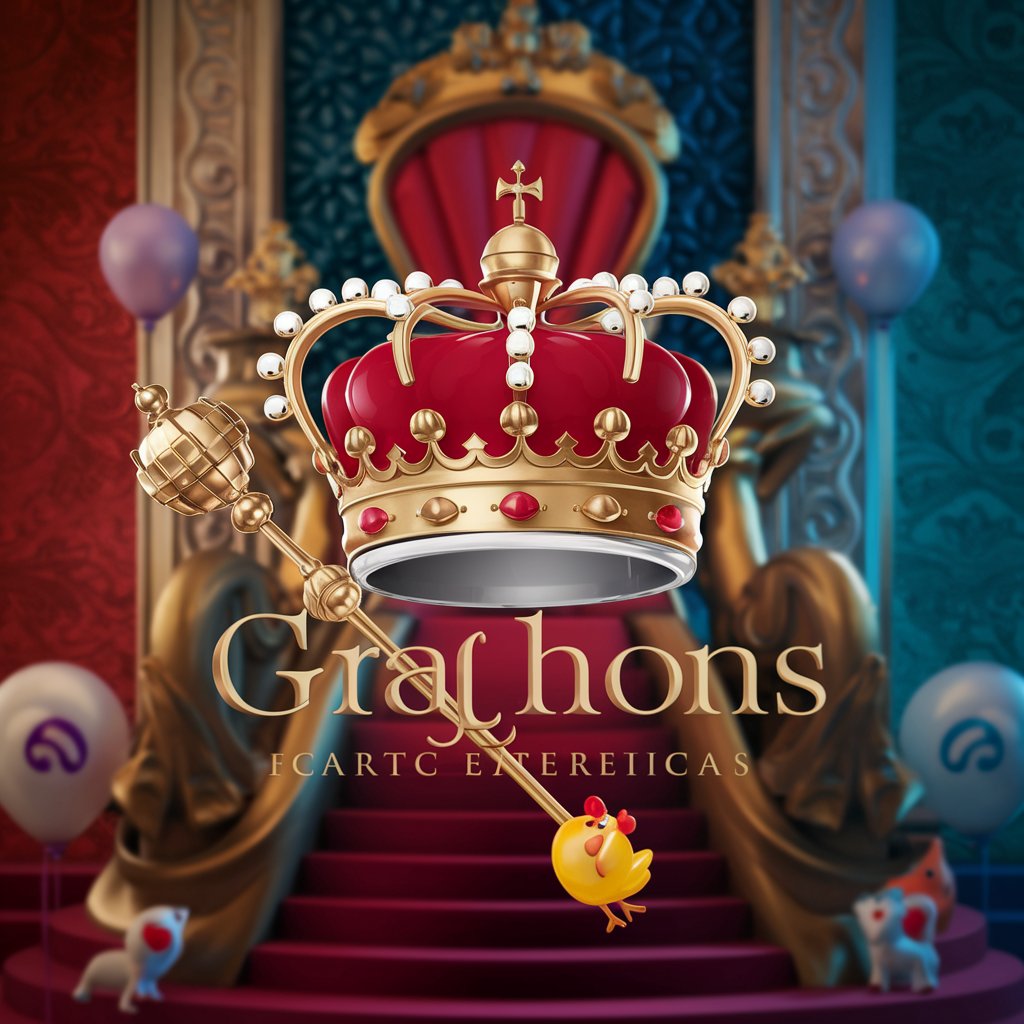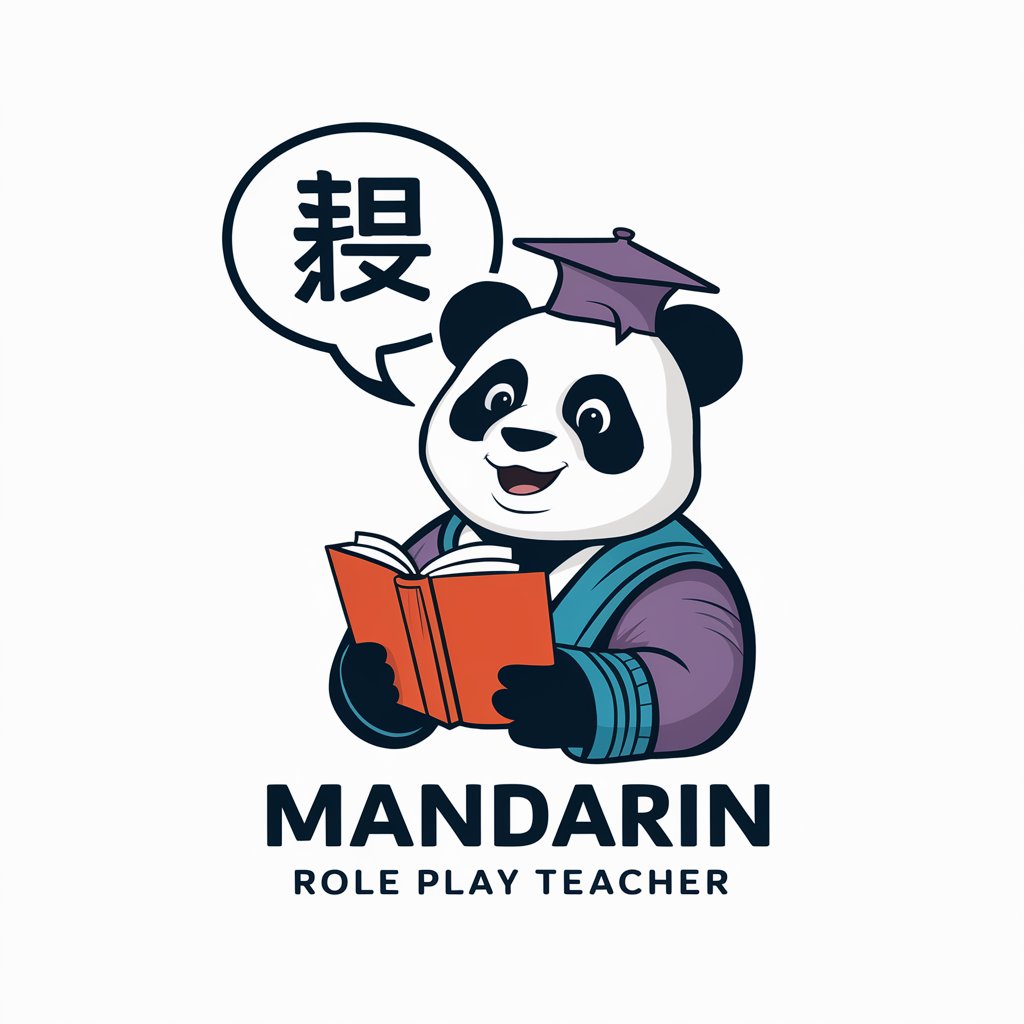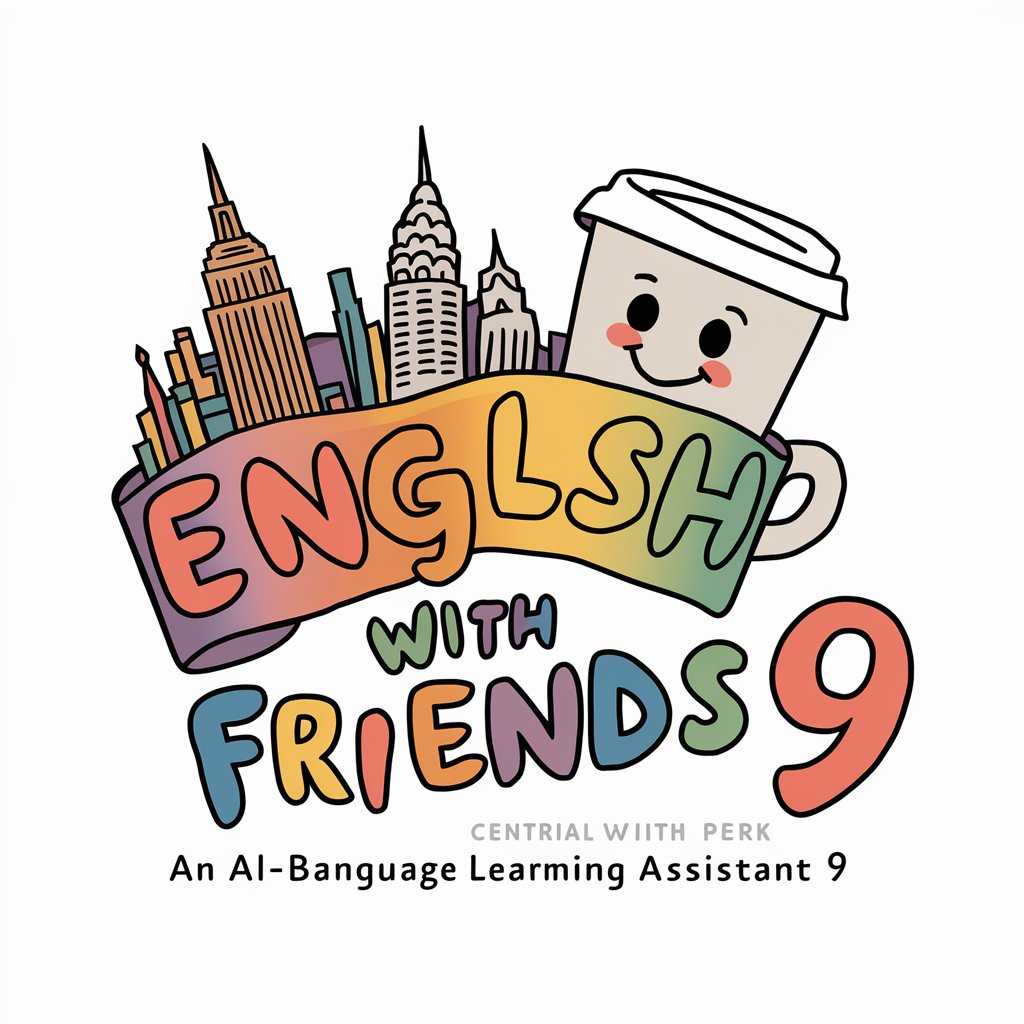6 GPTs for Role-Play Scenarios Powered by AI for Free of 2026
AI GPTs for Role-Play Scenarios refer to advanced generative pre-trained transformer models specifically tailored for engaging, facilitating, or creating role-play scenarios. These tools are designed to understand and generate text based on a vast dataset, making them highly adaptable for various role-play contexts. Whether it's for educational purposes, entertainment, simulation training, or creative writing, AI GPTs can create immersive, dynamic dialogues and scenarios. Their relevance lies in providing a sophisticated, interactive platform where users can engage in role-play exercises with an AI that understands context, can assume multiple personas, and respond intelligently in real-time.
Top 6 GPTs for Role-Play Scenarios are: SovereignFool: Legal Labyrinth Guide,Mandarin Role Play Teacher,The Maritime and Naval English Guide,English with Friends 1,English with Friends 9,Dream Companion Creator
SovereignFool: Legal Labyrinth Guide
Empowering legal curiosity with AI-driven guidance.

Mandarin Role Play Teacher
Immerse, Practice, Perfect: AI-Powered Mandarin Learning

The Maritime and Naval English Guide
Navigate English Seas with AI

English with Friends 1
Learn English through 'Friends' dialogues, powered by AI

English with Friends 9
Master English with your favorite Friends episodes

Dream Companion Creator
Craft Your Ideal AI Companion

Key Characteristics and Capabilities
AI GPTs for Role-Play Scenarios stand out for their remarkable adaptability, capable of ranging from simple conversational agents to complex, multifaceted characters in detailed scenarios. Key features include advanced natural language understanding and generation, context retention across long conversations, the ability to simulate various personalities and tones, and customization options to fit specific role-play scenarios. Specialized capabilities such as language learning support, technical troubleshooting, and the integration of multimedia content further enhance their utility in role-play environments.
Who Benefits from Role-Play AI
The target audience for AI GPTs in Role-Play Scenarios encompasses a wide range of users, including educators, writers, game developers, therapists, and enthusiasts in immersive storytelling or simulation training. These tools are accessible to novices seeking to explore role-play scenarios without any programming background, while offering extensive customization options for developers and professionals seeking to incorporate AI into more sophisticated projects or research.
Try Our other AI GPTs tools for Free
Mandarin Proficiency
Unlock the potential of Mandarin language learning with AI GPT tools, offering personalized, adaptive learning experiences for users at all levels. Enhance your proficiency with advanced features like real-time translation, conversation simulation, and cultural insights.
Industrial Optimization
Explore AI GPT tools for Industrial Optimization, designed to revolutionize efficiency and innovation in industrial settings with tailored AI solutions.
Academic Goals
Unlock the potential of AI in education with GPT tools designed for academic excellence. Enhance research, writing, and learning with our tailored AI solutions.
Leisure Advice
Discover personalized leisure recommendations with AI GPTs. Enhance your leisure planning with tailored advice, from vacations to hobbies, using advanced AI.
Interest Updates
Discover the latest with AI GPTs for Interest Updates: Your personalized gateway to staying informed and ahead in your field of interest.
Festive Animation
Discover the magic of AI GPTs for Festive Animation, tailored tools designed to bring your festive celebrations to life through captivating animations. Perfect for creators at all skill levels.
Enhanced Applications and User Experience
AI GPTs for Role-Play Scenarios redefine interaction dynamics in virtual environments, offering users a unique blend of creativity, adaptability, and realism. Their application across different sectors demonstrates their versatility, from educational tools enhancing learning outcomes to entertainment platforms creating immersive experiences. User-friendly interfaces and the possibility of integration with existing systems or workflows make these tools highly adaptable and potent in delivering tailored role-play scenarios.
Frequently Asked Questions
What exactly are AI GPTs for Role-Play Scenarios?
They are advanced AI models designed to simulate, facilitate, and engage in role-play scenarios, capable of generating realistic, context-aware dialogues and scenarios.
Can AI GPTs assume different characters or personalities?
Yes, they can simulate various personalities and tones, adapting to different roles and contexts as required by the scenario.
How do these AI tools retain context in a conversation?
Through advanced natural language processing capabilities, they maintain an understanding of previous dialogue turns, ensuring coherent and relevant responses.
Are there customization options for specific role-play needs?
Yes, users can customize the AI's responses, personalities, and scenario parameters to suit specific role-play scenarios and objectives.
Do I need programming skills to use these tools?
No, they are designed to be user-friendly for those without coding skills, though programming expertise can enhance customization.
Can these tools be integrated into existing projects or platforms?
Yes, with adequate programming knowledge, they can be integrated into existing systems, enhancing their role-play or simulation capabilities.
Are AI GPTs for Role-Play Scenarios useful in education?
Absolutely, they offer dynamic, interactive scenarios for teaching, storytelling, or simulating real-world situations, enhancing learning and engagement.
What makes these AI tools different from other GPT models?
Their specific adaptation for role-play scenarios, including character simulation, context retention, and interactive dialogue capabilities, sets them apart.